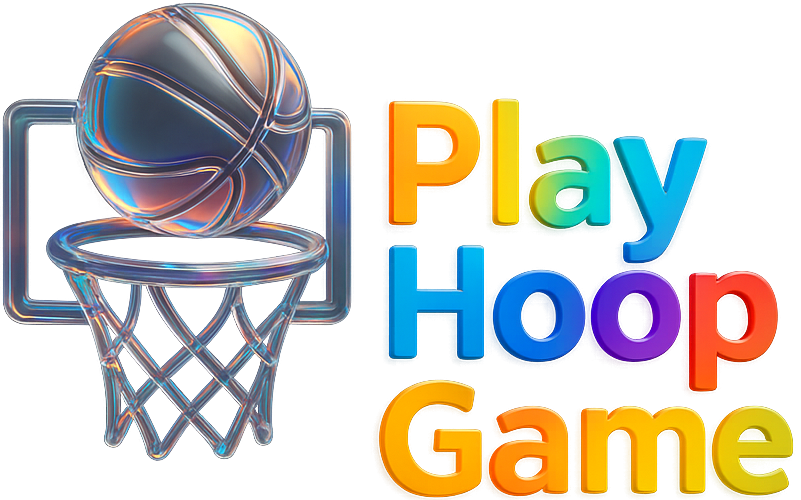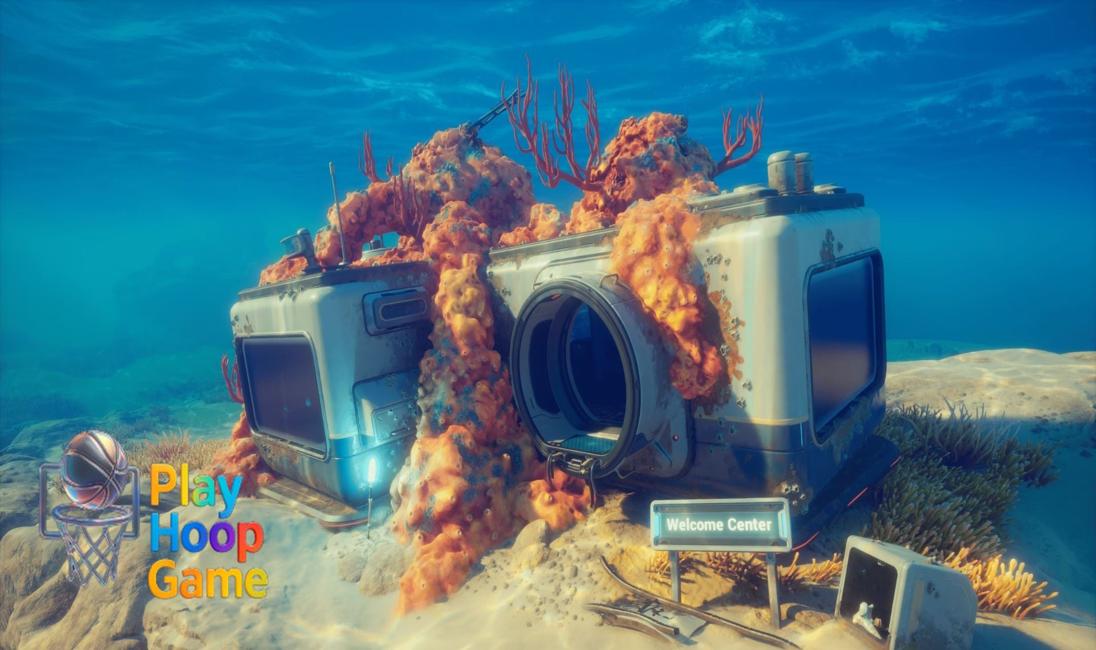I still remember my first time playing Subnautica. Not the tutorial part, not the frantic scramble for resources in the shallows. I mean the first time. The moment I finally built that little Seamoth submarine, felt a surge of courage, and piloted it right over the edge of the starting biome into the abyss.
The world dropped away. The sunlight vanished. And in the crushing, silent dark, something roared. Something impossibly, terrifyingly huge.
I have never, ever alt-F4’d out of a game faster in my life. It was pure, distilled terror. And it was brilliant. That feeling—that mix of awe, wonder, and pants-wetting fear—is the soul of Subnautica. It was lightning in a bottle, captured by a small, passionate team at Unknown Worlds. And now, the corporate entity that owns that bottle is telling us they’ve smashed it on purpose, just to be safe.
It’s a weird one to wrap your head around.
The Cold, Hard Corporate Logic
So here’s the news that’s been rippling through the community. Krafton, the massive publisher that acquired Unknown Worlds back in 2021, confirmed in a recent earnings call that they parted ways with two key figures: studio head Charlie Cleveland and creative director Max McGuire. These aren't just any employees; these are the co-founders. The guys who were there from the beginning.
And the reason? The official line is... fascinatingly blunt. Krafton essentially said they did it to prevent the next Subnautica game from becoming another Kerbal Space Program 2.
Now, if you’re not steeped in the often-depressing drama of game development, that reference might fly right by you. But for those of us who watched the KSP2 saga unfold, it’s like hearing a doctor say, "We had to amputate the foot to prevent a paper cut." It sounds extreme, and it demands a closer look.
Krafton’s Big Fear: A 'Kerbal Space Program 2 Debacle'?
Let's unpack this, because the KSP2 story is a cautionary tale for the ages. The original Kerbal Space Program was a masterpiece of indie development. A quirky, physics-based space simulator that was as educational as it was hilarious. Then, publisher Take-Two Interactive got involved for the sequel.
To put a very long, very messy story short: things went sideways. There were reports of Take-Two essentially poaching the development team to form a new, in-house studio (Intercept Games), leaving the original contract developer in the lurch. The game then launched into Early Access after years of hype and delays, and it was… well, a mess. It was buggy, performed poorly, and lacked many features from the decade-old original. The community, once buzzing with excitement, felt betrayed. The game is still trying to find its footing, but the damage to its reputation was immense. It was a classic example of corporate maneuvering seemingly trampling the creative spark that made the original so special.
And Krafton, it seems, was watching. Their statement implies they saw a similar pattern emerging at Unknown Worlds. They mentioned concerns about the development timeline, the budget, and the overall trajectory of the next Subnautica. The implication is that Cleveland and McGuire, the original visionaries, were leading the project toward a similar fate. So Krafton made a preemptive strike. A clean break.
It's a bold, almost ruthless move. The kind of thing that makes perfect sense on a spreadsheet in a boardroom. You identify a potential multi-million dollar problem, and you eliminate the variables causing it. Simple. Clean. But games aren't spreadsheets. They're art. They have a soul. And that's where this whole thing gets complicated.
But What About the Soul of the Game?
I keep coming back to that moment, staring into the abyss in my little Seamoth. That wasn't a product of a predictable development pipeline. That was the result of a specific vision, of taking risks. The genius of Subnautica isn't just its survival mechanics, which are solid enough for any number of action games. Its genius is in the pacing, the subtle environmental storytelling, and the masterfully crafted atmosphere of isolation and discovery.
Can you replicate that by committee? Can a new creative director, no matter how talented, step in and truly understand the DNA of what made the original special?
Maybe. I hope so.
But there’s a real danger here. The danger is that in trying to avoid the development debacle of KSP2, Krafton accidentally triggers the creative debacle of KSP2. They might deliver a polished, on-time, on-budget game that completely misses the point. A Subnautica that’s wider than the ocean but has the depth of a puddle. A game that’s technically impressive but spiritually hollow. There are thousands of games like that out there on platforms like CrazyGames and everywhere else; Subnautica was supposed to be different.
We've seen this movie before. A beloved indie studio gets bought, the founders eventually leave or are pushed out, and the subsequent games feel... corporate. Sanitized. They check all the boxes but forget to add the magic. It's the eternal tension in this industry. The people who have the money and the people who have the ideas aren't always the same, and their goals often diverge.
The new director, David Kalina, has a long history with the studio, which is a good sign. He's not a complete outsider. And honestly, we don't know what was happening behind the scenes. We're only getting Krafton's carefully worded side of the story. Still, it's hard not to feel a sense of unease. It feels like the adults have stepped in to make sure the kids don't make a mess, but in doing so, they've taken away the finger paints.
FAQs (That I'm Also Asking Myself)
So, is Subnautica 2 canceled?
Thankfully, no. This is the biggest misconception floating around. The game, currently known as "The Next Subnautica," is very much still in development. Krafton seems committed to getting it out, just under new leadership. They're aiming for an Early Access launch in 2025.
Why would the Subnautica 2 publisher say it fired cofounders to avoid another Kerbal Space Program 2 debacle, specifically?
It's all about risk management from a corporate perspective. The KSP2 situation represents a worst-case scenario for a publisher: a delayed, over-budget project that launches in a terrible state and generates massive community backlash. By name-dropping it, Krafton is signaling to investors and the public that they're being proactive and "decisive" to protect their investment, even if it means removing the original creators.
Who were the founders that got fired?
The two key figures are Charlie Cleveland, the founder and studio head who directed the original Subnautica, and Max McGuire, the creative director. They were instrumental in shaping the identity of the studio and its games from the very beginning. For fans, it's a bit like finding out your favorite band just fired its lead singer and songwriter. You can check out a detailed DMCA policy on most gaming sites if you want to learn more about how content is managed.
Will the game still feel like Subnautica?
This is the million-dollar question, isn't it? The new director has been with the studio for a while, so there's hope for continuity. But the original director's vision was key to the first game's unique atmosphere. We'll have to wait and see if the new leadership can capture that same lightning in a bottle or if it will feel like a different experience wearing a Subnautica skin.
Ultimately, the thalassophobia-inducing depths of planet 4546B have always been a mixture of breathtaking beauty and heart-stopping terror. The hope, now, is that the corporate currents swirling around its development don't drag this beloved series down into an abyss from which it can't return.

























